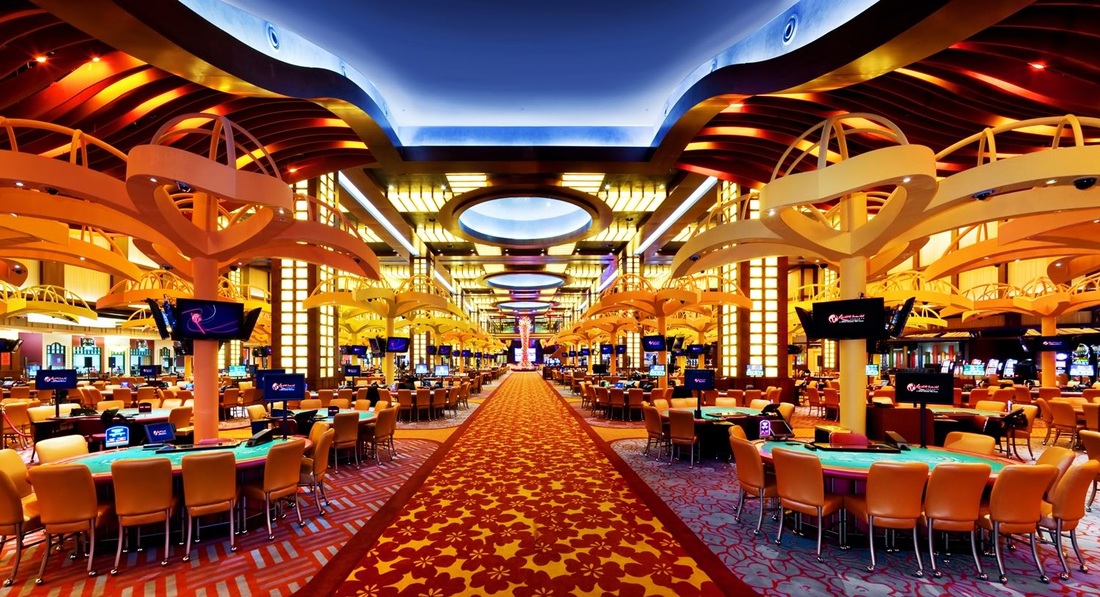
Casino games have long captivated a wide range of players, providing not only the thrill of chance but also a unique experience crafted for various types of players. From the strategic minds who thrive on strategic thinking to recreational players in search of entertainment, casinos are aware of the subtleties of their audience and design games that cater to these differing preferences.
In exploring the realm of gambling games, we encounter a diverse array of options that interest all types of players. Competitive poker tables attract those who are competitive, while colorful slot machines appeal to those seeking instant gratification. Whether it be the lure of winning large or simply savoring the community feeling, casinos tailor their game offerings to ensure that everyone can find their niche where they feel welcome and involved. Comprehending how these games are tailored to different kinds of players can enhance not only our appreciation of them but also our method for choosing which games to play.
Understanding Gamer Groups
In the varied world of gaming games, participants can be grouped into specific kinds based on their drives and likings. These gamer categories range from the casual and social gamers, who enjoy the enjoyment value and social engagements that gambling provides, to the more analytical and analytical players, who seek to increase their odds and gains. Understanding these various categories is essential for casinos to tailor their games and create immersive environments.
One frequent kind is the social player, who considers casino games as a form of social interaction and entertainment rather than a high-stakes gambling activity. These gamers often enjoy games that encourage participation and camaraderie, such as group-based games. Their emphasis is on the process rather than the outcome, so dynamic environments and shared moments are what they hold dear the most.
On the opposite end of the range, tactical players are motivated by competition and the search of skill. They tend to gravitate toward games that necessitate decision-making and strategy, such as poker, where their competencies can affect the outcome. This category often involves with the games on a more intense level, utilizing insight and strategies to gain an edge. Comprehending these drives allows casinos to design settings and game selections that cater to each gamer’s unique choices.
Strategies for Game Design
Gambling games are created with diverse player types in mind, employing multiple strategies to draw in and capture them. For recreational players, the focus is on ease and clarity. Games like slot machines are often aesthetically pleasing with simple mechanics. This enables players to experience the gameplay without a difficult learning curve, creating an inviting atmosphere. The vibrant hues, engaging audio, and themes create a playful environment where players can easily get involved and entertained.
For strategic players who enjoy a more profound level of engagement, games such as poker and blackjack offer depth and strategic elements. These games feature strategy and decision-making, appealing to players who thrive on challenge and want to utilize their cognitive abilities. The design of these games often includes intricate rules and mechanics that test players to hone their skills and develop strategies over time, creating a fulfilling experience for those who appreciate mastering the game.
Additionally, social players are catered to through games that highlight interaction and community. This includes live dealer games and multiplayer formats, which foster a sense of community among players. The design of these games typically includes communication tools and communal aspects, allowing players to connect and exchange insights. By creating an environment where interaction is promoted, casinos can effectively engage social players, making the gaming experience more pleasurable and memorable.
Improving Participant Engagement
Gambling games have progressed significantly to create a more immersive environment for participants. Game developers focus on immersive graphics, immersive soundscapes, and creative gameplay features that engage players into the gaming environment. By employing technology, such as virtual reality and augmented reality, casinos ensure that gamers feel as if they are part of a dynamic atmosphere, enhancing in addition to the pleasure of the games but also the overall enjoyment of being in a casino.
Community engagement is another key element in enhancing gamer experience in betting games. Several titles are designed to encourage engagement among participants, whether through team play or social tools. This interactive component attracts participants who appreciate connecting with fellow players while playing, developing a community vibe community. Moreover, social features can consist of ranking systems, competitions, and incentives for collaborative play, which engage ambitious gamers and motivate them to revisit for additional.
Finally, personalization plays a crucial role in adapting the interaction for various gamer demographics. Casinos and software designers analyze player behavior and preferences to provide personalized game suggestions and benefits. bakar69 By understanding the unique tastes of players, casinos can provide customized promotions, incentives, and new game releases that appeal to each individual, thus boosting their complete engagement and loyalty to the casino.